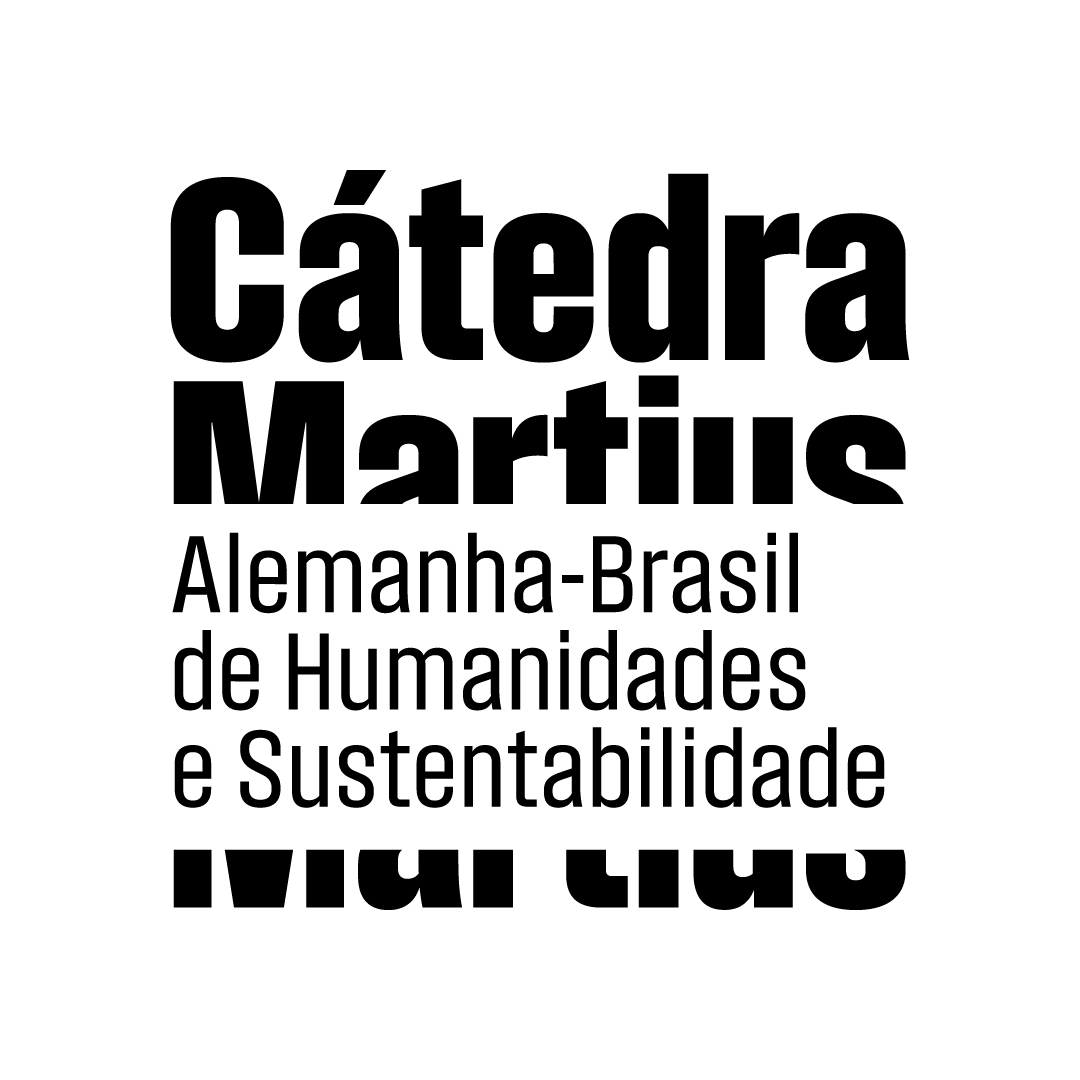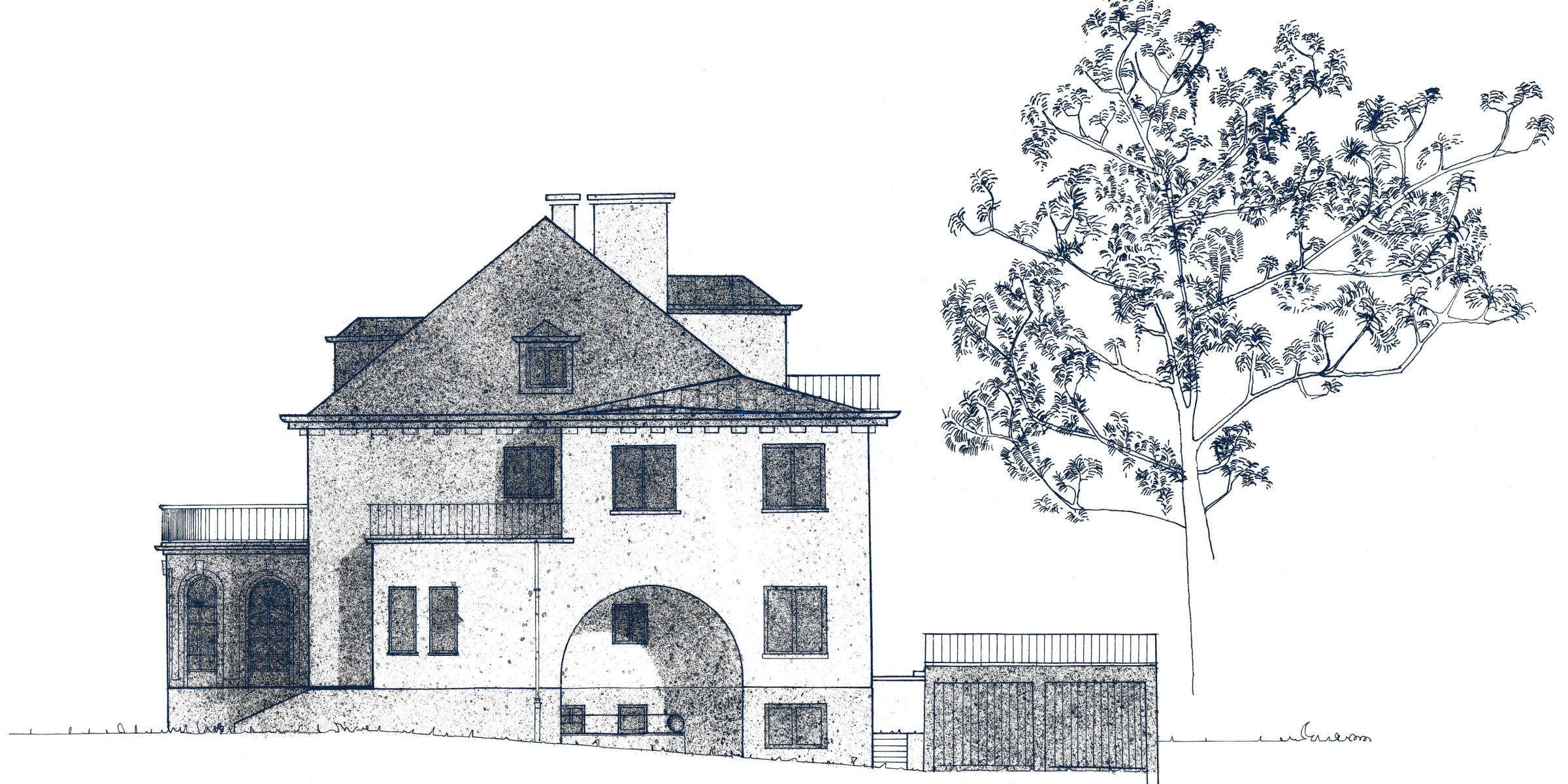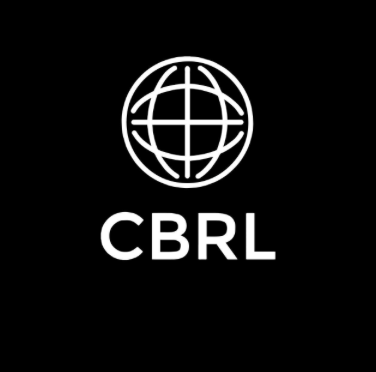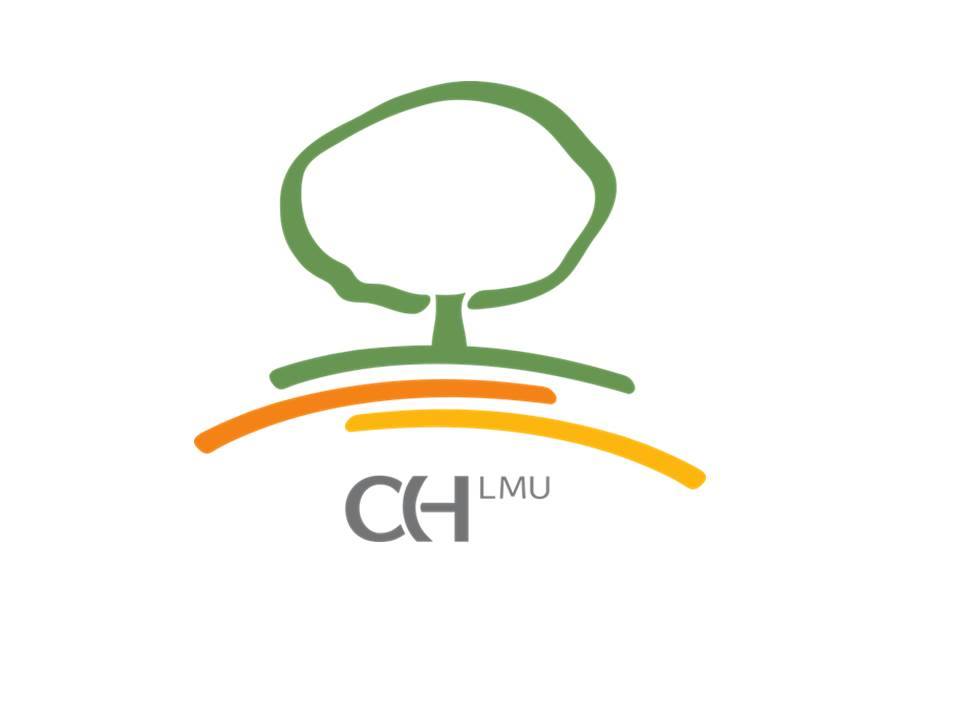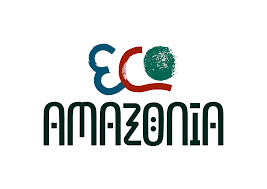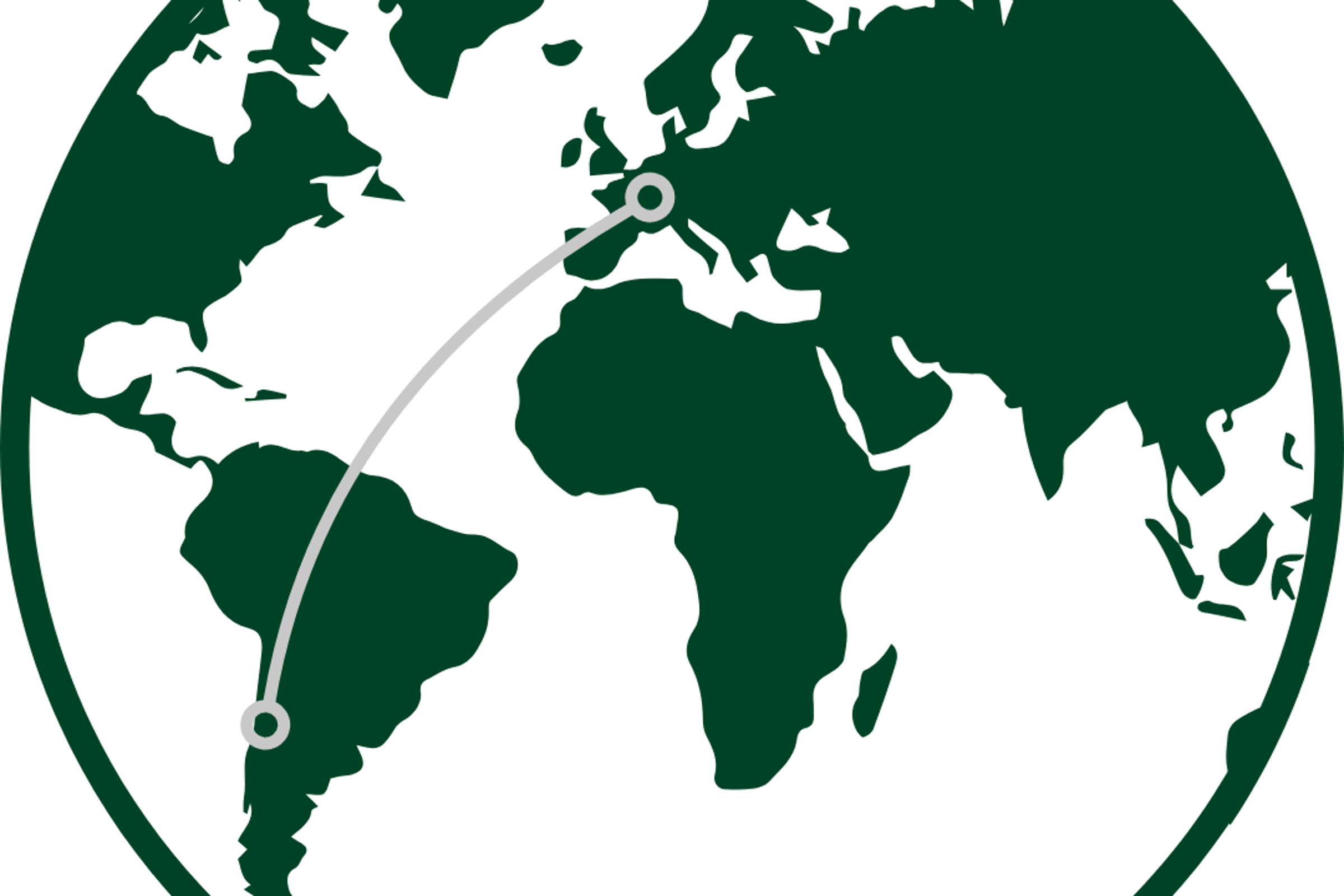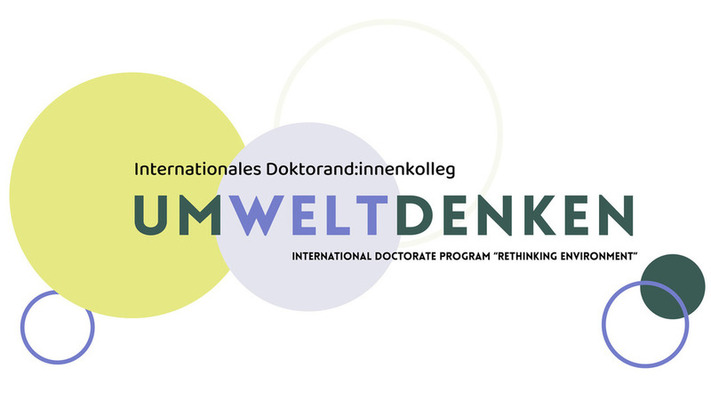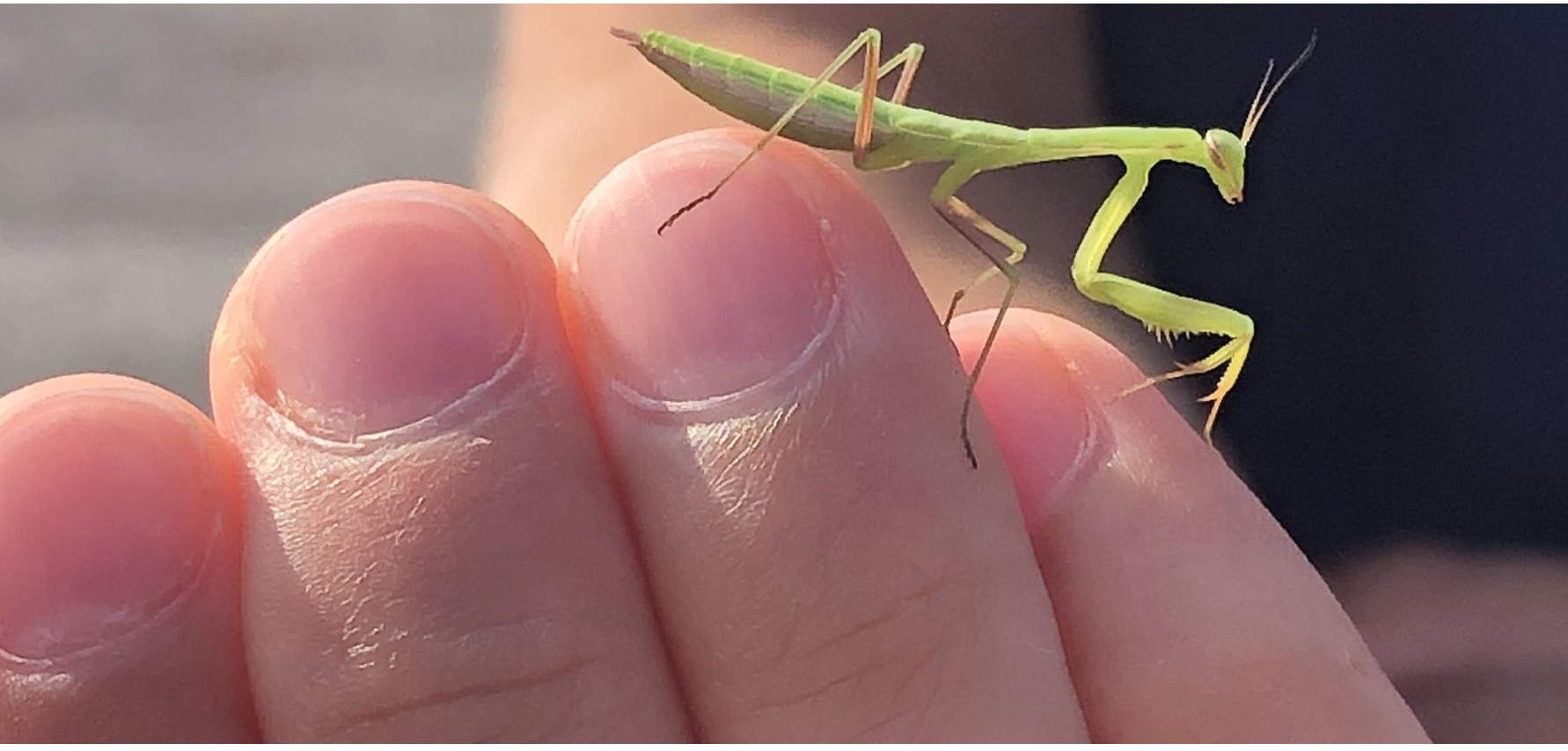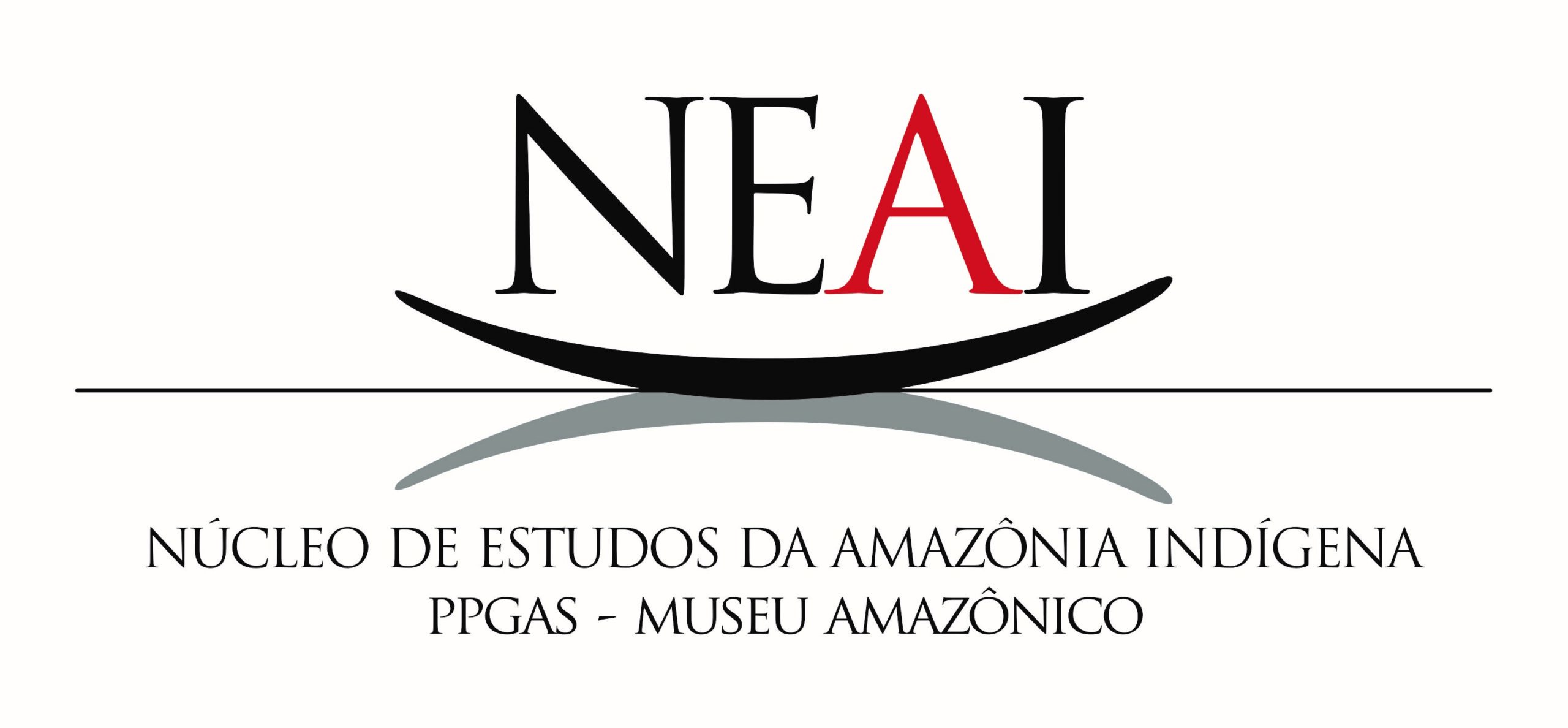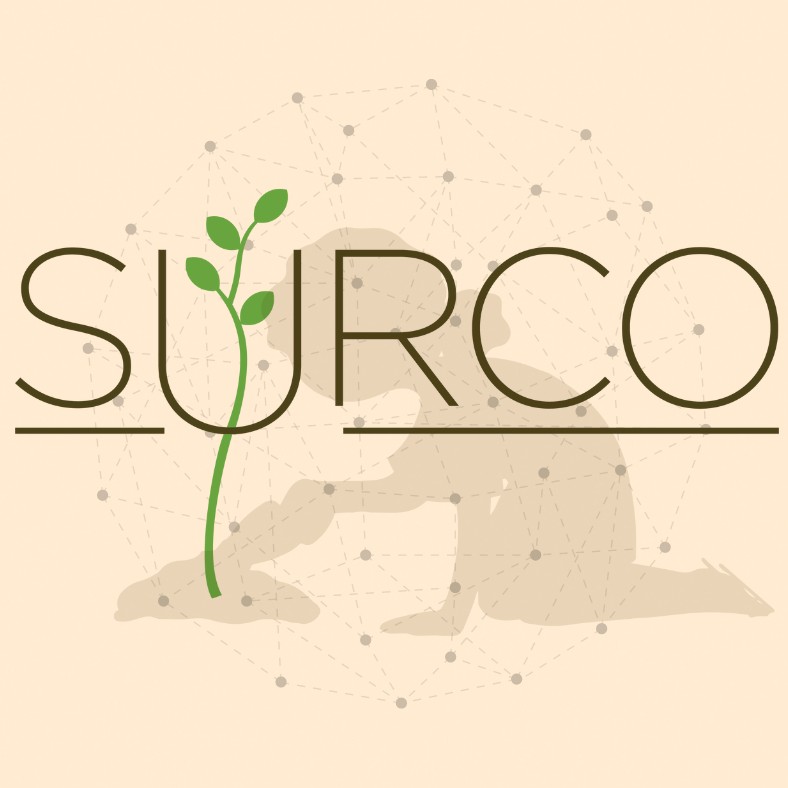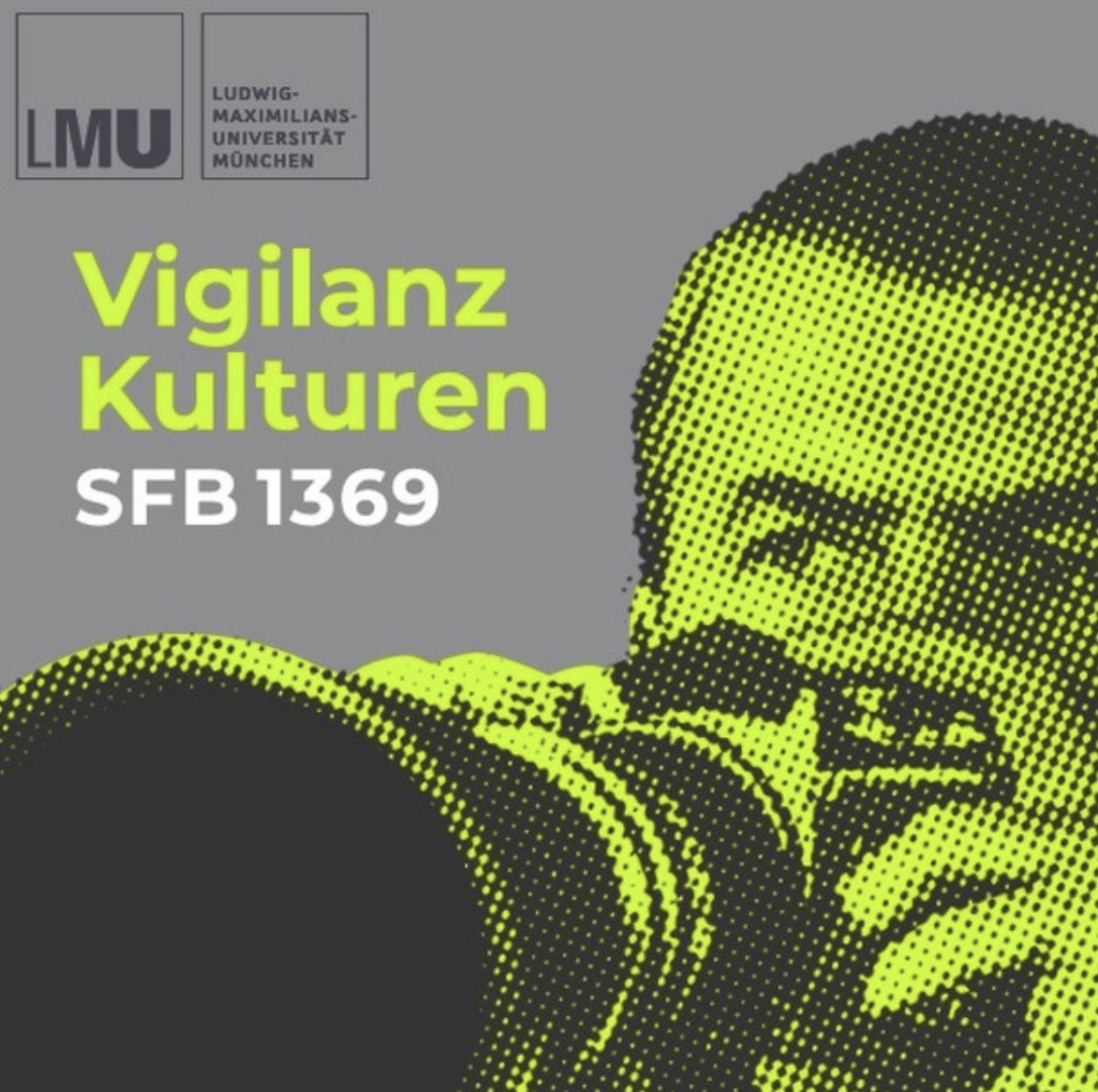Cátedra Martius Alemanha-Brasil de Humanidades e Sustentabilidade
Estabelecida na Universidade de São Paulo (USP) e financiada pelo Serviço Alemão de Intercâmbio Acadêmico (DAAD), a Cátedra Martius busca fomentar a pesquisa interdisciplinar em sustentabilidade e fortalecer a docência nas disciplinas das Ciências Humanas com foco nas questões relacionadas ao desenvolvimento sustentável e na abordagem dessa temática na sociedade, política e academia.
Center for Advanced Studies
The “Center for Advanced Studies” at Ludwig-Maximilians-Universität München (LMU) is a forum for intensive interdisciplinary academic exchange. It promotes cooperation between outstanding researchers from various LMU departments and fosters participation of visiting scholars in research and academic life at LMU.
Founded in the course of the Excellence Initiative, the purpose of CAS is not only to support the research activities of Ludwig-Maximilians-Universität, but also to emphasize the concept of a university in its broadest sense – i.e. as a “universitas” covering all disciplines.
Community-based Research Laboratory (CBRL)
The Community-based Research Laboratory (CBRL) is a knowledge hub created by Dr. Jutta Gutberlet in 2005 and located in the Department of Geography at the University of Victoria. CBRL hosts a group of researchers and students that are committed to participatory oriented and community-based research in Canada and around the world.
Center for International Health LMU – CIHLMU
The CIHLMU , is an interdisciplinary and international network of excellence with the head office located at the hospital of the Ludwig-Maximilians-University Munich in Germany. We have partners in Latin America, Africa and Asia, as well as alumni in more than 25 countries worldwide.
Together with academic and health care institutions worldwide, the CIHLMUhas been promoting international cooperation in the field of medical education and research since 2009.
Center for International Health LMU: Global Mental Health
The Global Mental Health focus area of the CIHLMU was established to improve global mental health by fostering education and dialogue between the Global South and North, as well as between low-, middle-, and high-income countries. It firmly support the belief that “there is no health without mental health.
ECO – Animals and Plants in Cultural Productions about the Amazon River Basin
ECO is a research project funded by the European Research Council of the European Commission (ERC Consolidator Grant nº 101002359) and hosted by the Centre for Social Studies of the University of Coimbra.
The project examines how human cultural productions about the Amazon give voice to animals and plants by developing the concept of zoofitography, thereby decentering humanity as the only source of meaning.
GIST-Hub
The GIST-Hub brings together researchers, practitioners, and decision-makers from Europe and Latin America to foster sustainable innovation and inclusive governance. LMU and UC jointly create a network that promotes long-term cooperation through workshops, exchanges, and joint projects, advancing solutions for global challenges related to sustainable resource management and climate change.
IDK- Rethinking Environment
In German, Um(Welt)Denken is a wordplay combining the term “environment” (Umwelt) with the verb “rethinking” (umdenken). The project’s name comes from the need to rethink human relationships with the world we, as a species, inhabit. A partnership between Augsburg University and the Ludwig-Maximilians University in Munich, the international doctorate program (Internationales Doktorand:innenkolleg – IDK) Rethinking Environment brings together young scholars and experienced experts from various fields to explore new ways of approaching the ecological transformation of society.
LearningNatures
This project, funded by a Freigeist grant from the Volkswagen Foundation and based at the Rachel Carson Centre for Environment and Society in Munich, seeks to address these questions by developing a comparative account of children’s experiences of the natural world cross-culturally. Comparative research is conducted using methods from anthropology, psychology, animal science and philosophy.
NEAI – Núcleo de Estudos da Amazônia Indígena
NEAI is a research group that brings together, in its core, professors and students from the Postgraduate Program in Anthropology at the Federal University of Amazonas (UFAM), with the special presence of indigenous students and researchers. The core also has the collaboration of professors and researchers from other programs and institutions. NEAI develops research and extension projects and a series of academic activities, aiming at the production of knowledge that can contribute to a better understanding of the complex cultural reality of the Amazon.
Panel on Planetary Thinking
The Panel on Planetary Thinking consolidates knowledge at the University of Gießen to shape the international discourse through its own research perspective on planetary thinking. In collaboration with international scholars from various disciplines, as well as international artists, holistic perspectives on questions concerning planet-human relationships are advanced at JLU and beyond.
Programa de Pós-graduação em Antropologia Social da Universidade Federal do Amazonas (PPGAS-UFAM)
Situado no coração da Amazônia, o Programa de Pós-Graduação em Antropologia Social consolida-se como um importante centro de formação de profissionais na área de antropologia, contribuindo assim para a melhor compreensão de sua complexa realidade sociocultural e as transformações necessárias para o desenvolvimento da produção intelectual da região. Articulado com importantes centros nacionais e internacionais, o PPGAS tem conduzido muito de suas pesquisas em estreita participação dos atores locais, contribuindo dessa maneira para uma maior simetria na produção do conhecimento na Amazônia.
Antes vinculado ao Museu Amazônico, o Programa de Pós-Graduação em Antropologia Social (PPGAS) integrou-se, a partir desse ano de 2017, ao recém-criado Instituto de Filosofia e Ciências Humanas (IFCHS), sediado no setor sul do campus central da UFAM, na cidade de Manaus.
Rachel Carson Center for Environment and Society
The Rachel Carson Center for Environment and Society (RCC) is an international center dedicated to the study of environment and society from a wealth of different disciplines and international perspectives. A nonprofit institution, the RCC was founded in 2009 as a joint initiative of Ludwig-Maximilians University in Munich and the Deutsches Museum, funded by the Federal Ministry of Education and Research (BMBF) as a Center for Advanced Study (Käte Hamburger Kolleg). The RCC has since evolved into a permanent center directed by LMU Munich’s Chair in American Cultural History. It features various graduate programs: a structured doctoral program “Environment and Society” (ProEnviron), an MA certificate in Environmental Studies, a newly introduced MA in Environment in Society, and the International Doctoral Program (IDK) Rethinking Environment. The Center hosts numerous research projects, funded by the German Research Foundation (DFG), the European Research Council (ERC), the Volkswagen Foundation, the Federal Ministry of Education and Research (BMBF), among others. It also hosts visiting scholars, international Landhaus Fellows, and visiting doctoral students. The Center’s over 300 postdoctoral and professorial alumni have formed the Society of Fellows.
SURCO: Servicios Universitarios y Redes de Conocimientos en Oaxaca A.C.
Somos una organización sin fines de lucro que busca conectar diversos procesos comunitarios, colectivos y académicos en los campos de la educación, la comunicación, el cambio climático, la sustentabilidad y TIC’s y justicia lingüística con el objetivo de construir redes de acción y conocimiento frente a las realidades que interactúan/ se entrecruzan entre Oaxaca y el resto del mundo.
CRC 1369 “Cultures of Vigilance”
The CRC 1369 “Cultures of Vigilance” aims to research the historical and cultural foundations of vigilance. Within this context, “vigilance” refers to a linking of individual attentiveness to goals set by others. This linking occurs on an everyday basis, be it in the realm of public security, religion, law, or the healthcare sector; wherever and whenever we are asked to pay attention to something specific and, if necessary, also to react to, or report anything we have noticed in a specific way. The CRC’s goal is to analyse the history, cultural variations and current forms of this phenomenon.
